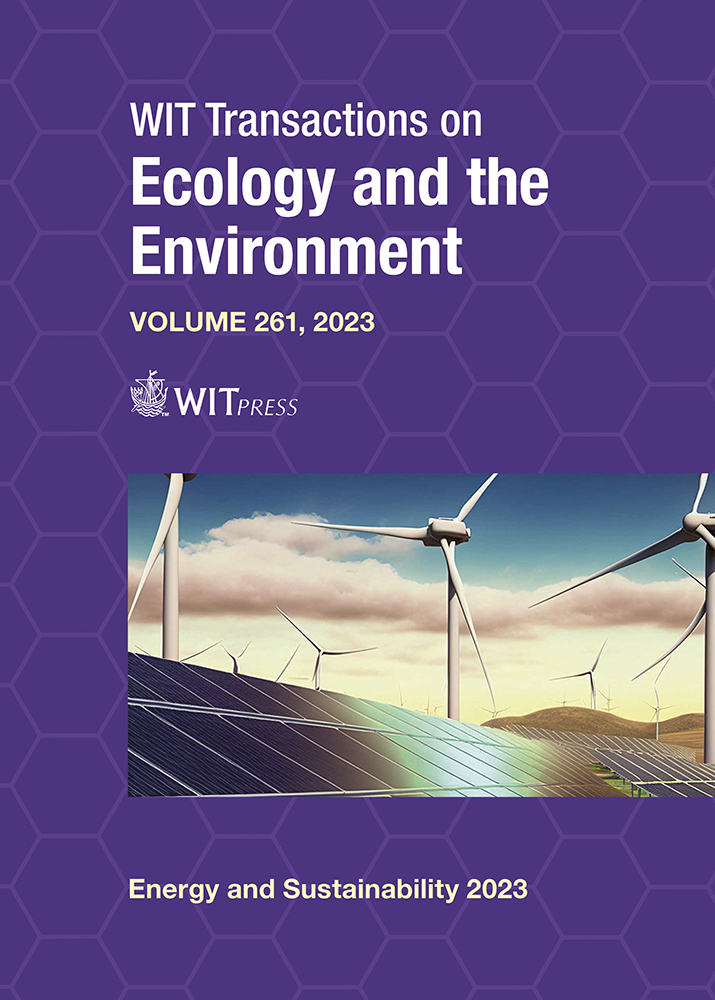ADVANCES IN RESEARCH ON THE USE OF DRONES IN PRODUCTION AND TRANSPORTATION ENGINEERING IN THE HYDROCARBONS INDUSTRY: A BIBLIOMETRIC ANALYSIS
Price
Free (open access)
Transaction
Volume
261
Pages
12
Page Range
233 - 244
Published
2023
Paper DOI
10.2495/ESUS230201
Copyright
Author(s)
LUIS ROMÁN-PIEDRA, JOSELYNE SOLÓRZANO, PAÚL CARRIÓN-MERO
Abstract
Unmanned aerial vehicles are considered a part of emerging technologies designed to facilitate, improve, and transform the operational efficiency of industries with significant capital and assets, such as hydrocarbons. Hydrocarbon projects require comprehensive management in the production and transportation processes, where the application of drones plays a fundamental role by minimizing the exposure of personnel in high-risk activities, improving the efficiency of operations and the integrity of assets, and significantly reducing costs and time in the field. This study aims to conduct a bibliometric analysis and systematic review of the relationship between drones and the hydrocarbon industry, focusing on production and transportation processes through bibliometric techniques and evaluation of case studies for the analysis, classification, and description of key issues, methodologies, and trends worldwide. The research methodology consisted of three phases: (i) conceptualization of study variables and database combinations; (ii) bibliometric analysis using VOSviewer and bibliometric software; and (iii) focalization on systematic review using the Preferred Reporting Items for Systematic Reviews and Meta-Analysis (PRISMA) method. Bibliometric analysis collected data from 1985 to 2023, with 143 scientific publications indexed in the Scopus and WoS databases. The results showed a growing trend in the annual publications of drones and their application in the hydrocarbon industry, focusing on safety issues, pipeline inspections and storage tanks, and environmental monitoring generated by methane emissions and oil spills. In the case study analysis, the use of drones with different sensors was demonstrated, among which, the thermal camera, gas detector, LiDAR, EMAT, RGB camera, SWIR, RTK, and methane sensors stood out.
Keywords
remote pilot aircraft system, unmanned aerial vehicle, oil industry, Industry 4.0, inspections and monitoring, pipelines, refinery





